Attributeless Vertex Shader with OpenGL
When doing fullscreen shader passes with openGL I often use a simple technique
called "Attribute-less rendering" as described by Robert on his blog.
In short this means you store the vertices that you want to render
in your vertex shader using a const vec2 array and use the gl_VertexID
variable to access the correct element from this array. Great thing about
using this technique is that you don't need to setup an VBO or setup the
offsets for a Vertex Array Object (VAO).
Recently I want to use this technique to draw simple 2D textures for my Video Capture library. Though I had to find a way to specify the (x,y) offsets and the dimensions where I wanted to draw the texture.
To solve this, I added a vec4 u_pos uniform that holds the offsets in the (x,y)
elements and the scale in the (z,w) elements. The values of this u_pos uniform
are percentages for of the current viewport dimensions.
Lets say the viewport is 800 x 600. I store a inv_win_w and inv_win_h that I use
to convert the x/y/w/h values to percentages:
void CaptureGL::resize(int winW, int winH) { inv_win_w = 1.0 / winW; inv_win_h = 1.0 / winH; }
Then whenever you want to draw someting in 2D at a specific location and dimension,
I set the vec4 u_pos uniform values like:
void CaptureGL::draw(int x, int y, int w, int h) { GLint u_pos = glGetUniformLocation(prog, "u_pos"); // NOTE: do this somewhere in your constructor and keep a member glUniform4f(u_pos, x * inv_win_w, y * inv_win_h, w * inv_win_w, h * inv_win_h ); glDrawArrays(GL_TRIANGLE_STRIP, 0, 4); }
The shaders that backs up this technique is pasted below. We first offset the
vertex position using the u_pos.x and u_pos.y after changing the values to
Normalized Device Context (NDC) ranges (-1, 1). Then we apply the scaled vertex
position.
/* u_pos.x = X position in percentage of viewport 0-1. 0% means -1.0 u_pos.y = Y position in percentage of viewport 0-1. 0% means -1.0 u_pos.z = WIDTH scale in percentage of viewport. u_pos.w = HEIGHT scale in percentage of viewport. */ static const char* CAPTURE_GL_VS = "" "#version 330\n" "uniform vec4 u_pos; " "" "const vec2 pos[] = vec2[4](" " vec2(0.0, 1.0), " " vec2(0.0, 0.0), " " vec2(1.0, 1.0), " " vec2(1.0, 0.0) " ");" "" " const vec2[] tex = vec2[4]( " " vec2(0.0, 0.0), " " vec2(0.0, 1.0), " " vec2(1.0, 0.0), " " vec2(1.0, 1.0) " ");" "" "out vec2 v_texcoord; " "" "void main() { " " vec2 p = pos[gl_VertexID]; " " vec2 offset = vec2(u_pos.x * 2.0 - 1.0, u_pos.y * 2.0 - 1.0); " " vec2 scale = vec2(u_pos.z * p.x * 2.0, u_pos.w * p.y * 2.0); " " gl_Position = vec4(offset.x + scale.x, " " offset.y + scale.y, " " 0.0, 1.0);" " v_texcoord = tex[gl_VertexID];" "}" "";
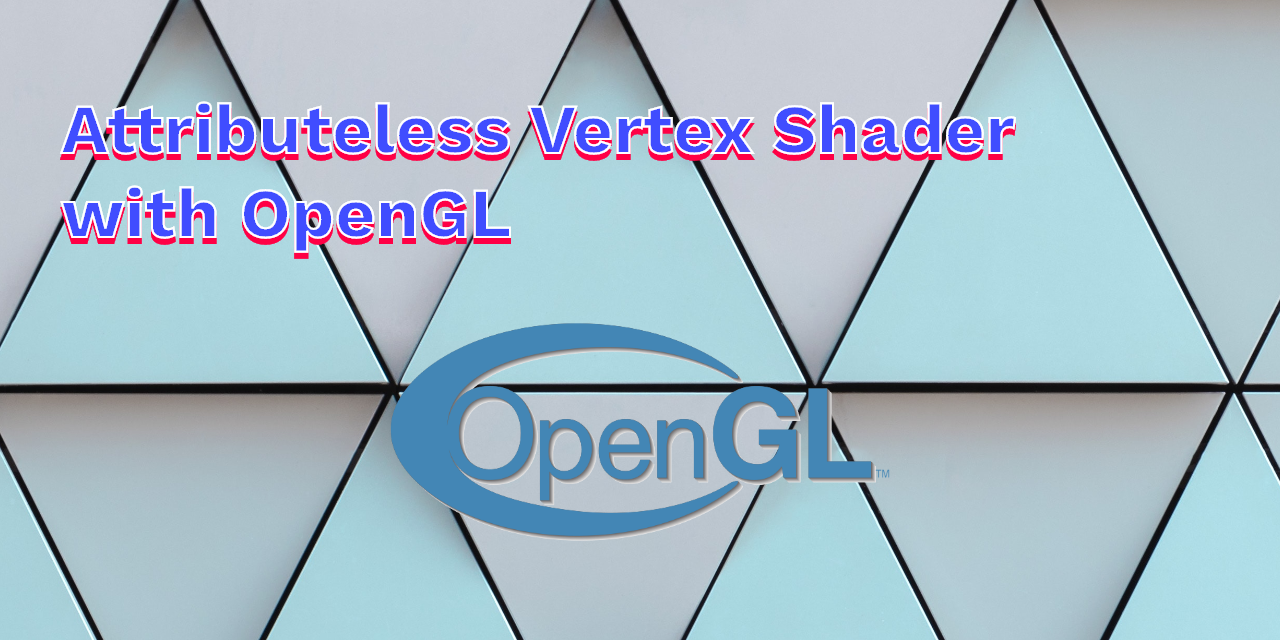
 NAT Types
NAT Types
 Building Cabinets
Building Cabinets
 Compiling GStreamer from source on Windows
Compiling GStreamer from source on Windows
 Debugging CMake Issues
Debugging CMake Issues
 Dual Boot Arch Linux and Windows 10
Dual Boot Arch Linux and Windows 10
 Mindset Updated Edition, Carol S. Dweck (Book Notes)
Mindset Updated Edition, Carol S. Dweck (Book Notes)
 How to setup a self-hosted Unifi NVR with Arch Linux
How to setup a self-hosted Unifi NVR with Arch Linux
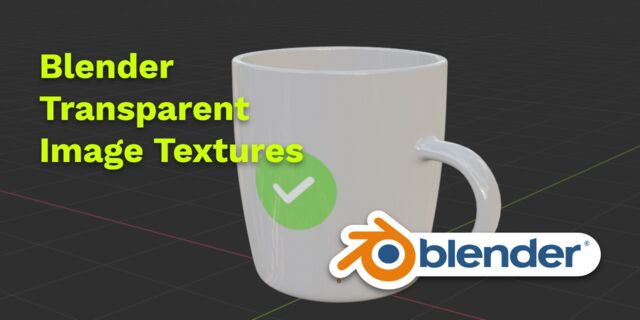 Blender 2.8 How to use Transparent Textures
Blender 2.8 How to use Transparent Textures
 Compiling FFmpeg with X264 on Windows 10 using MSVC
Compiling FFmpeg with X264 on Windows 10 using MSVC
 Blender 2.8 OpenGL Buffer Exporter
Blender 2.8 OpenGL Buffer Exporter
 Blender 2.8 Baking lightmaps
Blender 2.8 Baking lightmaps
 Blender 2.8 Tips and Tricks
Blender 2.8 Tips and Tricks
 Setting up a Bluetooth Headset on Arch Linux
Setting up a Bluetooth Headset on Arch Linux
 Compiling x264 on Windows with MSVC
Compiling x264 on Windows with MSVC
 C/C++ Snippets
C/C++ Snippets
 Reading Chunks from a Buffer
Reading Chunks from a Buffer
 Handy Bash Commands
Handy Bash Commands
 Building a zero copy parser
Building a zero copy parser
 Kalman Filter
Kalman Filter
 Saving pixel data using libpng
Saving pixel data using libpng
 Compile Apache, PHP and MySQL on Mac 10.10
Compile Apache, PHP and MySQL on Mac 10.10
 Fast Pixel Transfers with Pixel Buffer Objects
Fast Pixel Transfers with Pixel Buffer Objects
 High Resolution Timer function in C/C++
High Resolution Timer function in C/C++
 Rendering text with Pango, Cairo and Freetype
Rendering text with Pango, Cairo and Freetype
 Fast OpenGL blur shader
Fast OpenGL blur shader
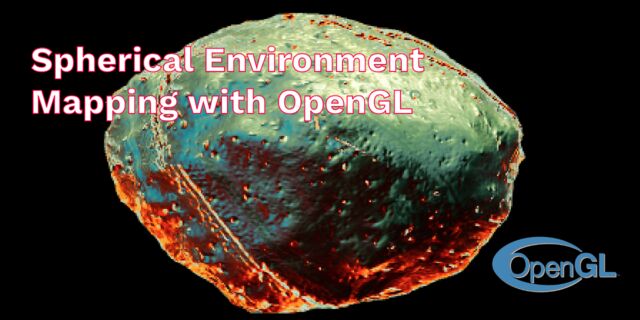 Spherical Environment Mapping with OpenGL
Spherical Environment Mapping with OpenGL
 Using OpenSSL with memory BIOs
Using OpenSSL with memory BIOs
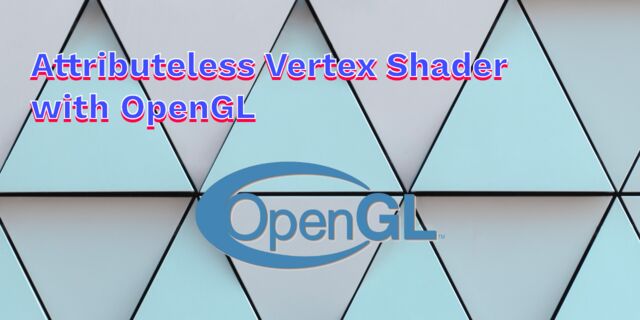 Attributeless Vertex Shader with OpenGL
Attributeless Vertex Shader with OpenGL
 Circular Image Selector
Circular Image Selector
 Decoding H264 and YUV420P playback
Decoding H264 and YUV420P playback
 Fast Fourier Transform
Fast Fourier Transform
 OpenGL Rim Shader
OpenGL Rim Shader
 Rendering The Depth Buffer
Rendering The Depth Buffer
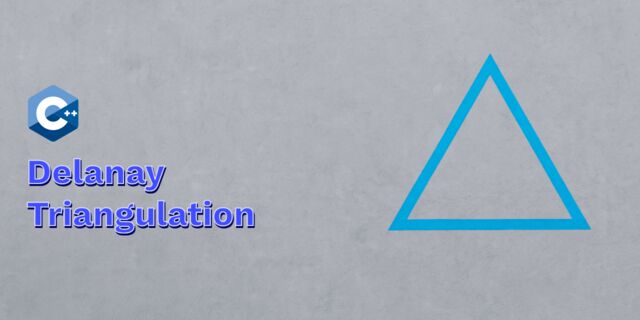 Delaunay Triangulation
Delaunay Triangulation
 RapidXML
RapidXML
 Git Snippets
Git Snippets
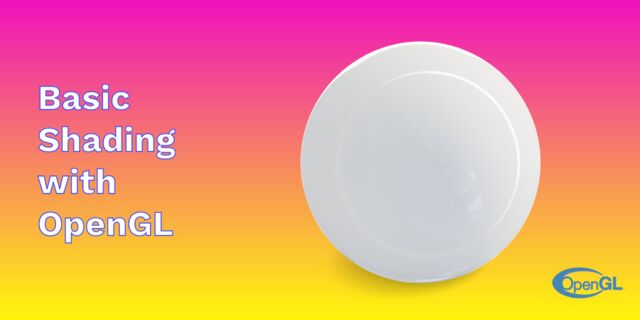 Basic Shading With OpenGL
Basic Shading With OpenGL
 Open Source Libraries For Creative Coding
Open Source Libraries For Creative Coding
 Bouncing particle effect
Bouncing particle effect
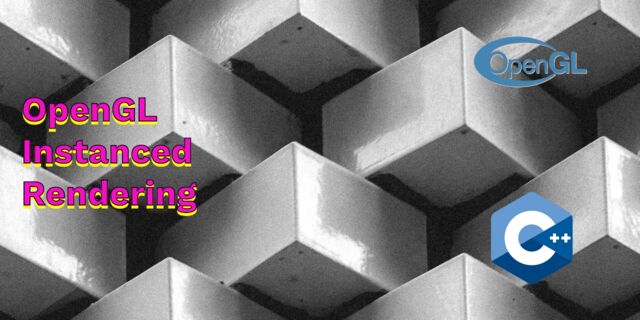 OpenGL Instanced Rendering
OpenGL Instanced Rendering
 Mapping a texture on a disc
Mapping a texture on a disc
 Download HTML page using CURL
Download HTML page using CURL
 Height Field Simulation on GPU
Height Field Simulation on GPU
 OpenCV
OpenCV
 Some notes on OpenGL
Some notes on OpenGL
 Math
Math
 Gists to remember
Gists to remember
 Reverse SSH
Reverse SSH
 Working Set
Working Set
 Consumer + Producer model with libuv
Consumer + Producer model with libuv
 Parsing binary data
Parsing binary data
 C++ file operation snippets
C++ file operation snippets
 Importance of blur with image gradients
Importance of blur with image gradients
 Real-time oil painting with openGL
Real-time oil painting with openGL
 x264 encoder
x264 encoder
 Generative helix with openGL
Generative helix with openGL
 Mini test with vector field
Mini test with vector field
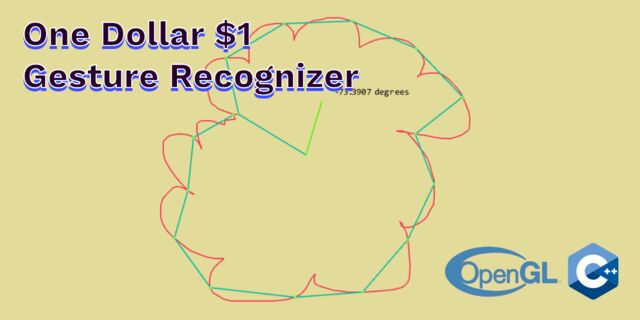 Protractor gesture recognizer
Protractor gesture recognizer
 Hair simulation
Hair simulation
 Some glitch screenshots
Some glitch screenshots
 Working on video installation
Working on video installation
 Generative meshes
Generative meshes
 Converting video/audio using avconv
Converting video/audio using avconv
 Auto start terminal app on mac
Auto start terminal app on mac
 Export blender object to simple file format
Export blender object to simple file format